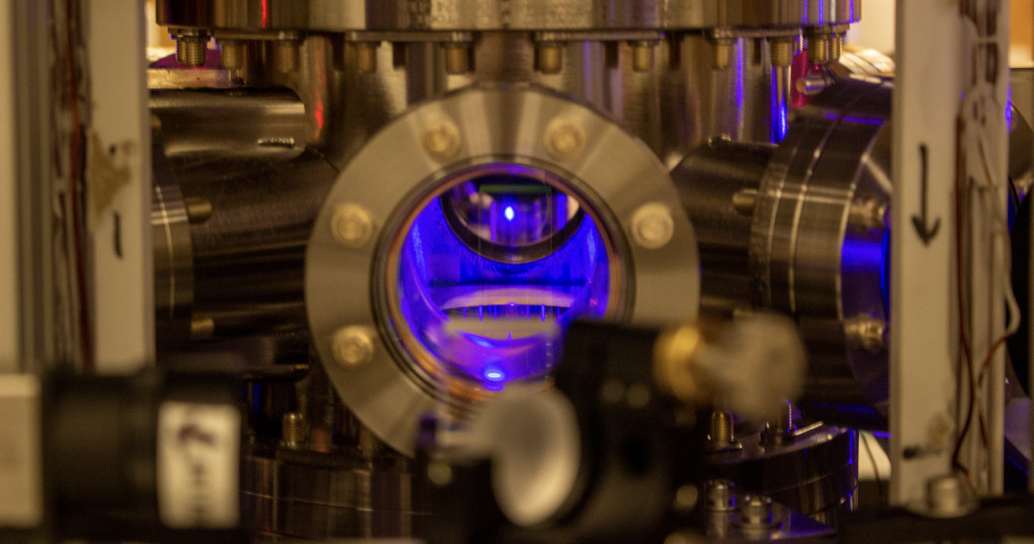
Optical atomic clocks are already the gold standard for precision timekeeping, keeping time so accurately that they would only lose one second every 14 billion years. Still, they could be made to be even more precise if they could be pushed past the current limits imposed on them by quantum mechanics.
With two new grants from the U.S. Army Research Office, an element of the U.S. Army Combat Capabilities Development Command’s Army Research Laboratory, UW–Madison physics professor Shimon Kolkowitz proposes to introduce quantum entanglement — where atoms interact with each other even when physically distant — to optical atomic clocks. The improved clocks would allow researchers to ask questions about fundamental physics, and they have applications in improving quantum computing and GPS.